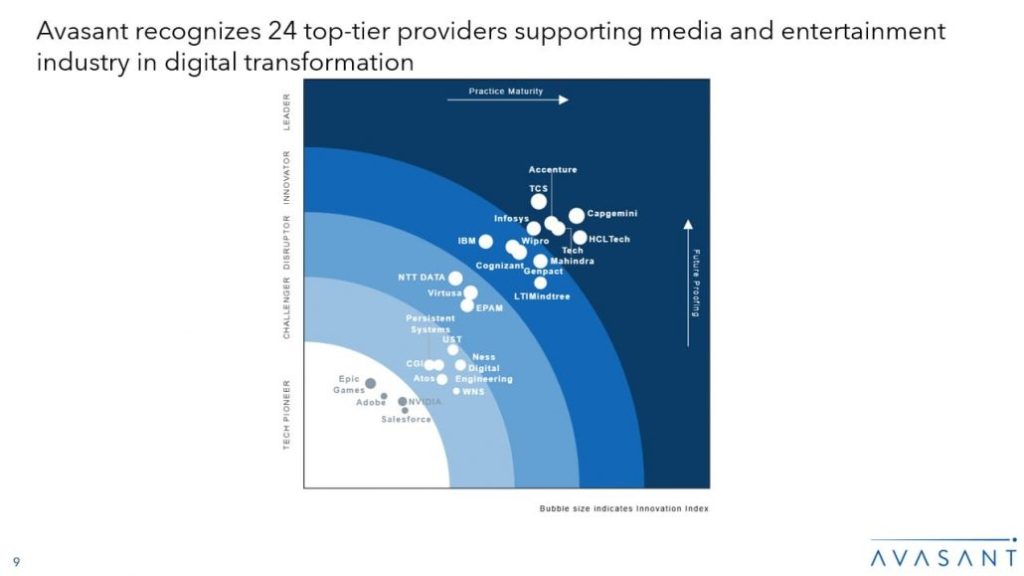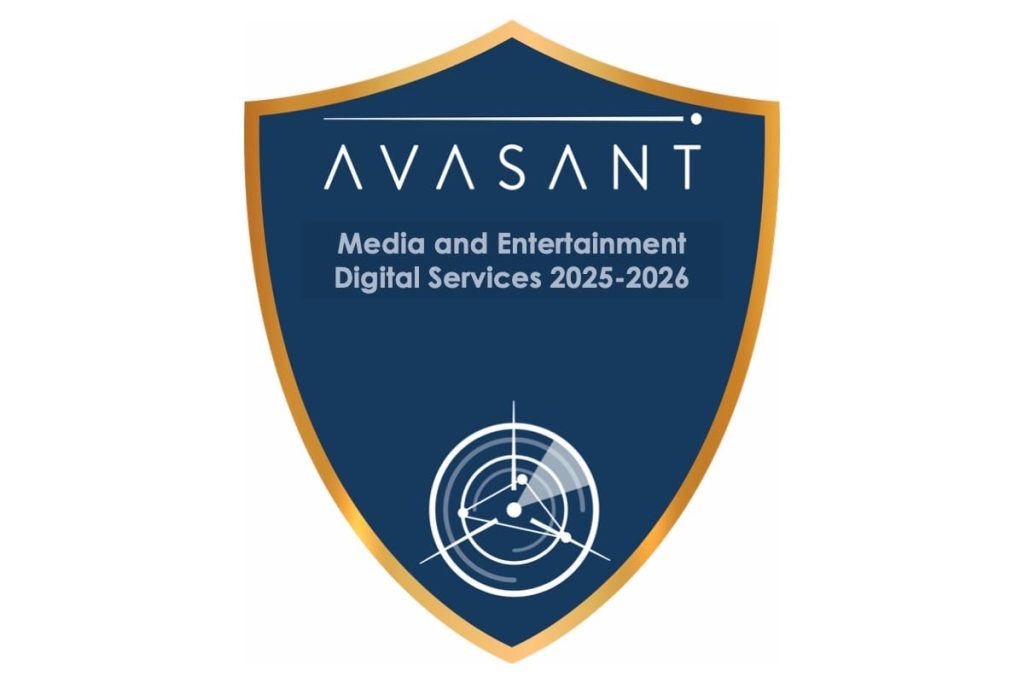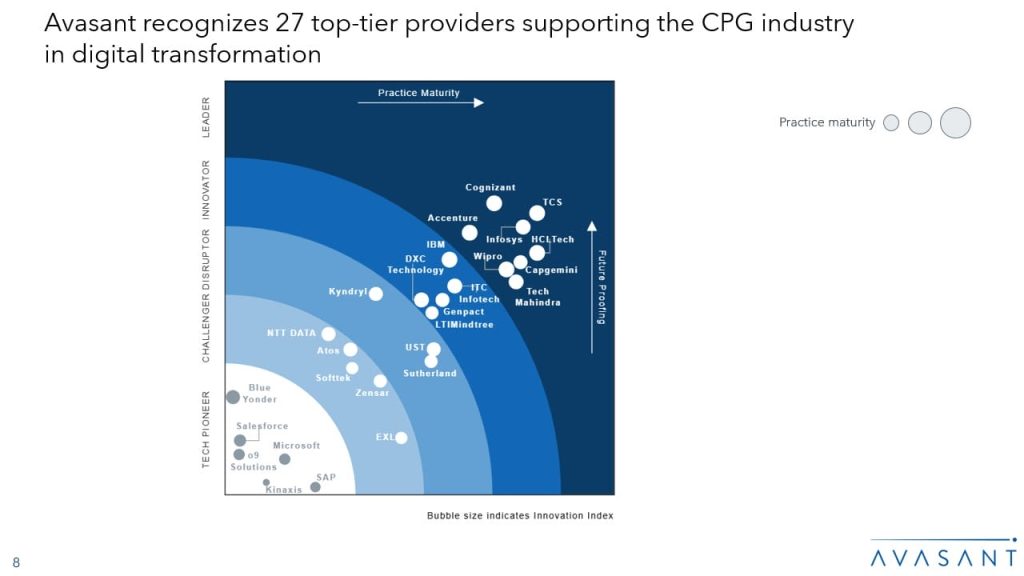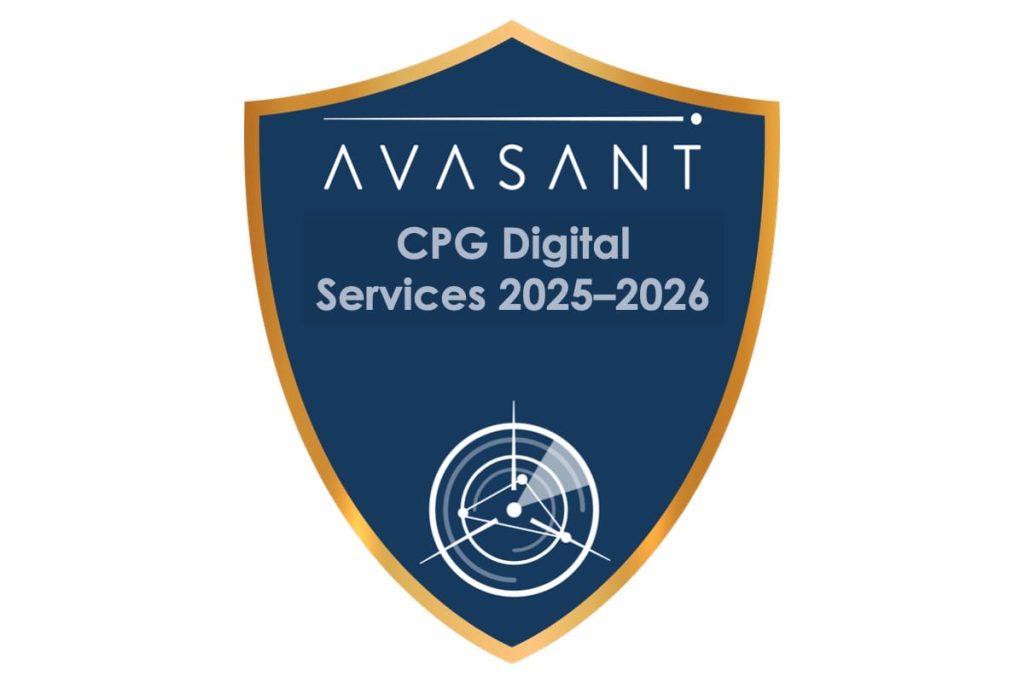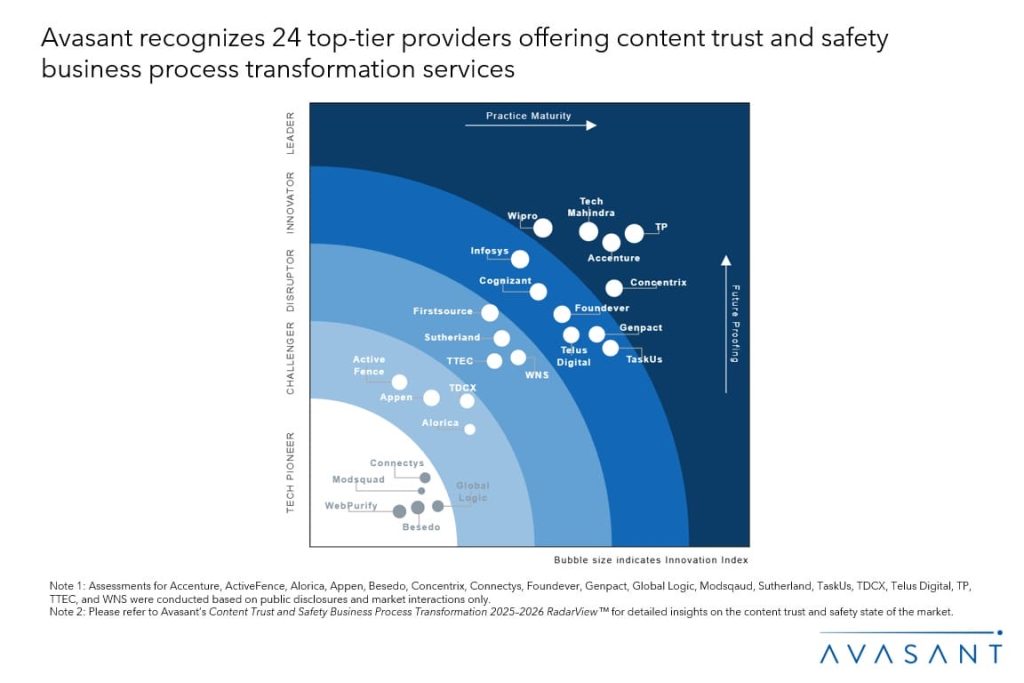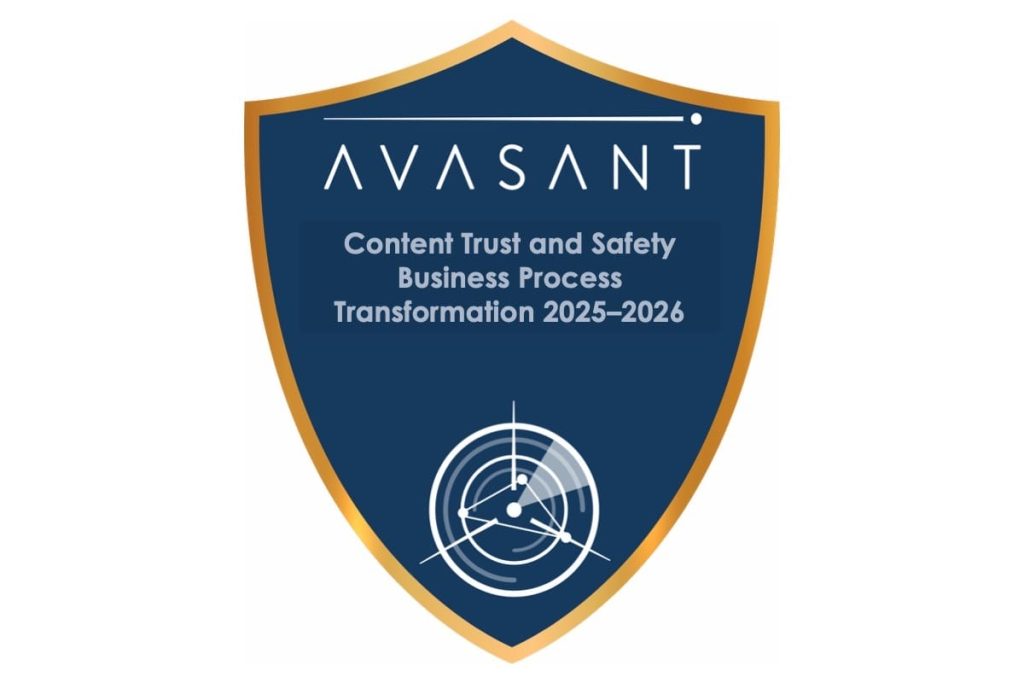The media and entertainment industry is being reshaped as AI becomes embedded across core operations, powering content creation, editing, recommendations, advertising, and compliance, while unified models enable real-time personalization across platforms. As privacy regulations tighten and third-party cookies decline, enterprises are prioritizing first-party data, secure data architectures, and strong consent frameworks to maintain trust and compliance. Monetization is shifting toward ad-supported streaming, free ad-supported streaming television (FAST) channels, and retail media, driving the convergence of content, commerce, and advertising through shoppable formats and retail partnerships. At the same time, rising competition and costs are accelerating the bundling, aggregation, and consolidation of services, with alliances and mergers enhancing scale, resilience, customer experience, and retention. Interactive engagement through gaming, esports, AR/VR, and phygital experiences is becoming central to strategy, supported by stronger verification, content provenance, IP protection, and fraud controls to ensure sustainable, brand-safe growth. Both demand- and supply-side trends are covered in Avasant’s Media and Entertainment Digital Services 2025–2026 Market Insights™ and Media and Entertainment Digital Services 2025–2026 RadarView™, respectively.





